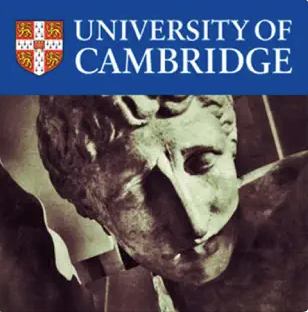Beyond Derogation and Offense: Coarseness
Duration: 49 mins 41 secs
Share this media item:
Embed this media item:
Embed this media item:
About this item

| Description: | A talk given by Bianca Cepollaro at the Moral Sciences Club on 21st May 2024 |
|---|
| Created: | 2024-05-22 09:21 |
|---|---|
| Collection: | Moral Sciences Club |
| Publisher: | University of Cambridge |
| Copyright: | Faculty of Philosophy |
| Language: | eng (English) |
| Abstract: | Most theories of slurs appeal to the notions of derogation and offensiveness to account for the complex nature of slurs. In this paper we argue that, in addition, a further dimension is needed – coarseness – too often conflated with offensiveness. Once we understand derogation as the bigoted things slurs do or convey in virtue of the conventions regulating their use, and offensiveness as the psychological reaction that a subject may have when confronting with a slur, depending on their values and psychological make-up, we can analyze coarseness as the property that certain terms (including some slurs) have in triggering a certain arousal – an automatic emotional response that strongly depends on the phonetic/orthographic realization of the lexical item. Unlike the psychological reaction of offense, the effects of coarseness do not heavily rely on the speaker’s values and beliefs, but are more tied to their linguistic competence, i.e. on their awareness of which words are coarse in a language. Our triplet doesn’t exhaust the plethora of phenomena that are at play in assessing what’s problematic with slurs, but it provides a good starting point to elucidate the discussions that have been going on over the last few decades and yields a fruitful framework where future research can locate the concepts it mobilizes. Moreover, once the notion of coarseness is carefully distinguished from offensiveness and derogation, many interesting empirical questions arise: is coarseness preserved in reclaimed uses of slurs? What is the locus of coarseness? What factors can affect its triggering power? |
|---|---|

